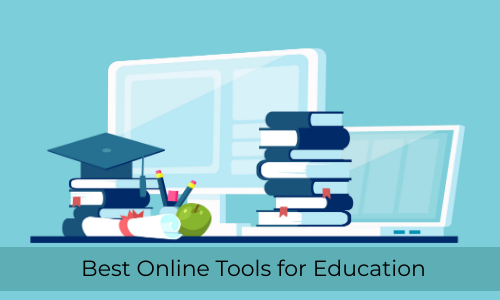Attending a parent-teacher meeting? don’t forget these points!
It is suggested and proven that the parent’s interaction with the teachers is beneficial for student’s success. It helps in solving kids educational as well as personal problems to an extent.
To support student success, it takes both parents and school’s commitment.
It improves student’s communication skills, achievements, and other social skills also.
This shared responsibility of parents and school is meaningful in ways, such as school can regularly inform parents about their child’s progress in various fields and similarly parents can support their child’s learning and development accordingly.
Therefore, this online assignment help provides ideas and strategies for teachers as well as families that highlight the things you should do before and at the parent-teacher meeting.
BEFORE THE MEETING
- Communicate with your child
You must discuss the school activities with your child on daily basis
It helps to keep the record of your child’s educational progress. It makes you understand your child’s weakest and strongest subject and also if they are facing any educational as well as any problems with their teachers. If you find anything problematic, you can discuss with their teacher at the time of a meeting. Make your child understand that this meeting is for their benefit only and they need not worry about anything.
- Points to be kept in mind
Make a list of the points you would like to discuss with the teacher, or you think the points teacher should know about your children, such as child’s personal life, major changes in your family situation, child’s habits, hobbies, or any other regular activities that are worrying your child.
- List of questions to be asked
Make a list questions you need to ask the teacher. Prioritise the questions if you have less time during the meeting.
Following questions can be asked in the meeting to help your child’s progress:
- Progress and growth in child’s data, assignments and behaviour.
- Availability of child’s care, attendance, transportation, and their other curriculum activities.
- What are they expected to learn this year?
- Does your child complete their homework in time?
- What are their weakest and strongest subjects?
- How their test-taking skills?
- Are they participating in class discussion and extra activities?
- How their behaviour for elders as well as for other students?
- Do they seem active and happy at school?
- Any unusual behaviour they should know about.
- What can they do to at home to help their educational progress?
DURING THE MEETING
- Reach on time
It’s very important to reach on time for meeting so that you get ample of time for meeting as other parents are also scheduled.
- Be patient
Stay calm during the meeting. The most effective way to work with the teacher is peaceful and respectful communication.
- Prioritise the questions in the start
Ask the questions you have prioritised from your list in the start of the meeting only. In case you get out of time. Other questions can always be asked in another meeting.
- Be respectful to the teacher
During the meeting, if you disagree on any point with the teacher, be calm and explain to the teacher why you disagree with them. It will help you to come up with the most effective way of helping the child.
- Create a plan
Ask the teacher for the suggestions the way you can help your child with their homework, reading, communication skills, and any other behavioural problems. Create a plan to keep your child’s progress and keep in touch with the teacher.
- Thank the teacher
Thanks the teacher for their time and support for your child.
AFTER THE CONFERENCE
- Talk to the child
Talk to the child about the meeting. Appreciate their positive points and discuss the problems mentioned by the teacher. If you had created any plan with the teacher to help with problems, explain the child about the plan. Make sure they understand and support you in that plan.
- Start working on the plan
Keep in check your child’s behaviour and homework on the daily basis to make sure your plan is working.
- Keep in touch with the teacher
Stay in touch with the teacher through mails, phone, notes or such meetings. It will help you to build up a strong relation with the teacher. When a child feels how important they are for their parent and teacher they will understand their priorities towards the studies and will be at their best at social behaviour.




